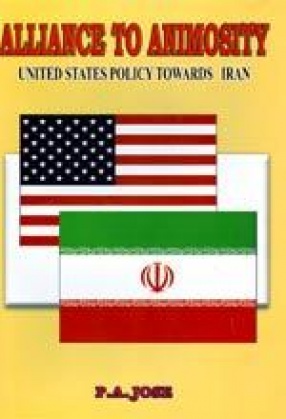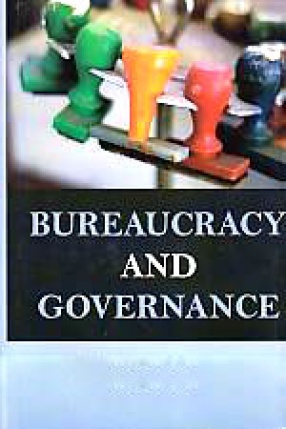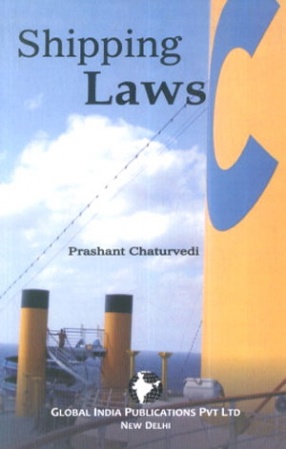Iran, a Middle Eastern country of great political, economic and strategic importance witnessed continued interplay of superpower interests. In the early 1940s the US involvement in Iran to support Allied war efforts marked the beginning of American interference in Iran. The reasons were the results of the US perception about the communist challenge in the gulf region and the apprehensions about secure a source of oil. The consideration that Iran had a vital role in defending American and Western interests in the region resulted in infusing huge military and economic aid to the regime of the Shah. The mutual dependency grew over the years and the US was identified with the Shah’s misrule. It culminated in the 1978-79 Islamic Revolution. It was the beginning of an era of troubled and difficult relations between the countries. This period is remarkable first because of the extraordinary degree to which the two nations lacked perceptive on the cultural basis of each others political motivations and strategies in international arena, and second, for the degree to which each side was able to use vilification of the other as a political stratagem for domestic political purposes. Primary focus of the study is a critical analysis of the US policy towards Iran during Carter and Reagan periods. The epoch making events in this period and US’ policy responses to it still decides the contours of the U.S.-Iranian relationship.
Alliance to Animosity: United States Policy Towards Iran
In stock
Free & Quick Delivery Worldwide
reviews
Bibliographic information
Title
Alliance to Animosity: United States Policy Towards Iran
Author
Edition
1st ed.
Publisher
ISBN
8173414254
Length
xiv+425p., Tables; Notes and References; Appendices; Bibliography; Index; 26cm.
Subjects





There are no reviews yet.